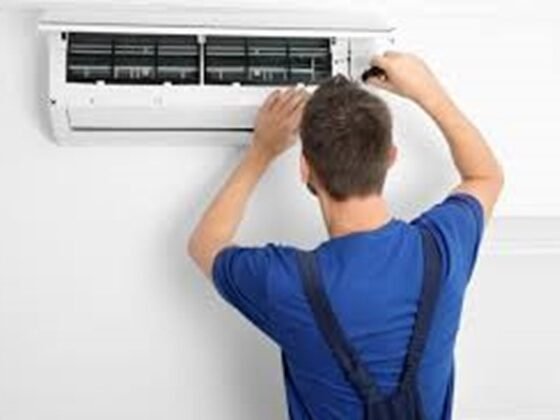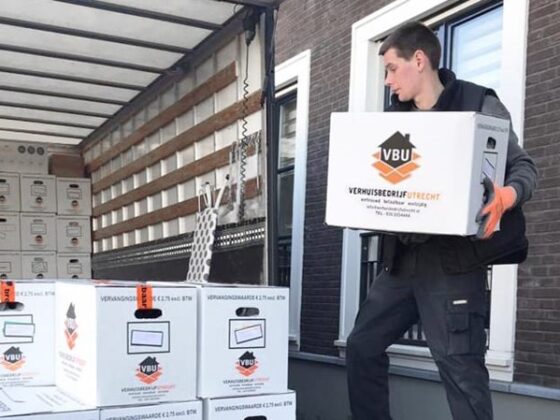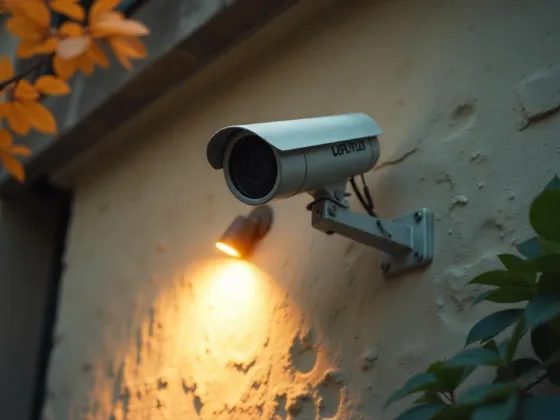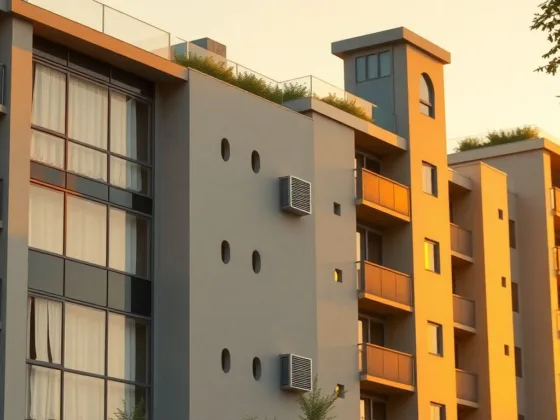There’s no denying that becoming a new homeowner is an exciting time, but it can also be a bit overwhelming. With so many home improvement projects to get started on, you need to prioritize those that will add value to your home and bring you long-term satisfaction.

Still, many new homeowners find that they don’t know where to start or what to do. Below, we explore some key areas for home improvement that every new homeowner should consider. If you’re in need of some advice or inspiration, keep reading to discover the valuable information they bring.
Maintaining Your HVAC and Plumbing Systems
One of the primary aspects of maintaining a comfortable and efficient home is ensuring that your heating and plumbing systems are in good working order. To do this, it’s essential to regularly inspect and service these systems to prevent costly repairs or potential disasters down the road.
This could include checking for leaks, ensuring your pipes are well-insulated, and having your heating and cooling system serviced at least once a year by a Corpus Christi heating & plumbing contractor.
Not only will regular maintenance extend the life of your systems, but it can also save you money by improving energy efficiency. For example, properly insulated pipes reduce heat loss, while well-maintained heating and cooling systems consume less energy to heat or cool your home.
Read Also:
Taking the time to familiarize yourself with these systems and how they work will give you confidence in their upkeep and avoid costly issues down the line.
Furthermore, having a trusted professional servicing your heating and plumbing systems means that they will catch potential problems early, allowing you to address them before they become more pronounced and expensive to repair.
This is especially important for new homeowners who may not be familiar with the quirks and needs of their particular home.
Upgrading Your Home’s Siding
The exterior of your home is the first thing that people see when they visit, so it’s crucial to make sure that it’s in great condition. One way to do this is by upgrading your home’s siding.
Investing in high-quality siding improves your home’s curb appeal and it offers better insulation, decreasing your energy bills in the process. When choosing new siding, consider the material, as different options have different benefits and drawbacks.
For example, vinyl siding is durable, low-maintenance, and relatively inexpensive, but it may not offer the aesthetic appeal of wood siding.
Wood siding, on the other hand, provides a beautiful, natural look but requires more maintenance and can be susceptible to damage from moisture and pests. Weighing the pros and cons of each material and consulting with a professional siding installer can help guide your decision-making process.
Moreover, keep in mind that the color and style of your siding can significantly impact your home’s appearance. Choosing a design that complements your home’s architecture and suits your personal taste can increase your satisfaction with your home and improve its resale value down the road.
Investing in Energy-Efficient Solutions
Energy efficiency is a top concern for many homeowners, as it directly affects both the environment and your utility bills. There are many ways to improve your home’s energy efficiency, from sealing air leaks around windows and doors to installing energy-efficient appliances and lighting.
LED bulbs last much longer and use less energy than traditional alternatives. When you invest in these improvements, you can save money on your energy bills while also reducing your carbon footprint.
Another way to improve energy efficiency is by upgrading your insulation. This saves you money on utility bills and extends the life of your HVAC system. You can also invest in renewable energy sources, such as solar panels or wind turbines.
While these options may have a higher upfront cost, they can provide long-term savings and even generate income through tax credits and net metering programs.
As you can see, being a new homeowner provides a prime opportunity to invest in your property and tailor your living space to your preferences. You definitely won’t regret making a meaningful investment in your comfort, safety, and quality of life at home.
By focusing on regular maintenance, energy efficiency, and exterior updates, you can enjoy your home more fully and you can noticeably increase its resale value down the line. Follow the tips in this article and you’ll be well on your way to designing the home of your dreams.











